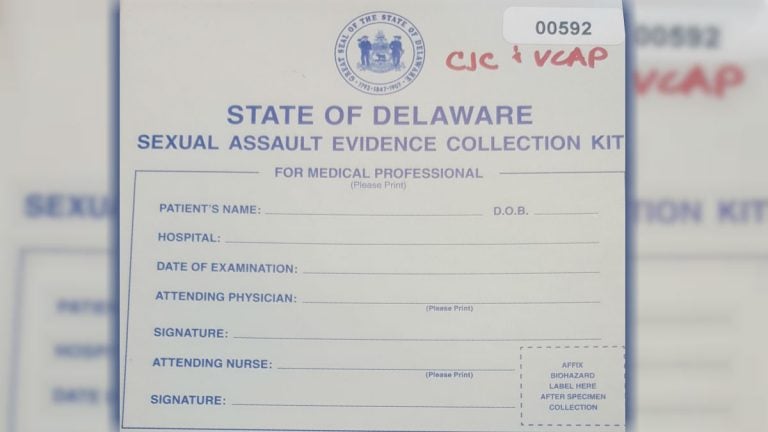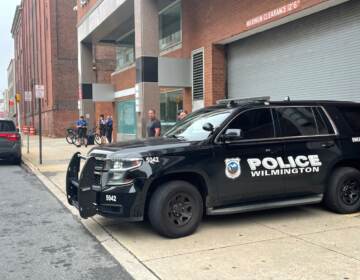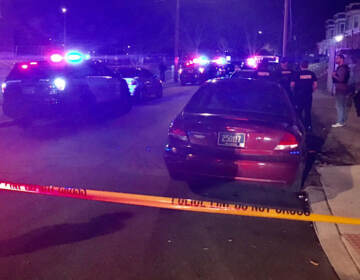Rape kit-testing effort spurs arrest in 2014 assault; Del. officials expect more matches
Delaware officials have made their first arrest under the sexual assault kit initiative.
Listen 1:58
Delaware has tested nearly 900 rape kits that had languished, untested, in police stations and hospitals -- some for more than three decades. (Courtesy of Delaware Criminal Justice Council)
Three years ago, Delaware received a $1.2 million federal grant to test more than 900 rape kits for DNA evidence. The money was part of a national effort to test about 100,000 kits and solve languishing sexual assault cases.
Now the effort is bearing fruit.
The evidence kits had seen sitting on shelves in hospitals and police departments, in some cases for more than three decades. But absent about 100 that were discarded for various reasons, now almost all have undergone scientific analysis at a Virginia lab.
And last week, the first breakthrough came when Wilmington police charged a suspect in a 2017 rape and strangulation with a 2014 rape using evidence from a previously untested kit. Kili Mayfield, 39, was also charged in a 2010 case that was not connected with the initiative.
Former police officer Michael Kelly, who is coordinating the effort for the Delaware Criminal Justice Council, said he’s gratified to see the work start paying off.
“It’s definitely a good feeling to have these cases come back to be where you see the end results,” Kelly said. “You see that there were indictments from the case. You see the attorney general’s office and law enforcement and investigators were able to put this together. Now he’s looking at three separate cases, and he can be held accountable for his actions.”
State Sen. Nicole Poore, a Bear-area Democrat who helped spearhead the effort to get the federal grant, became emotional upon hearing about the initial success.
“It’s been an amazing feeling, but definitely overwhelming simply because we’re ecstatic that there’s been an arrest, but there’s a victim that has to relive the whole process,” Poore said.
Poore said the endeavor itself is raising awareness, and that can empower victims of rape and sexual assault.
“I think there’s room for opportunity to make sure that those who are taking advantage of others don’t have a lifetime to do this over and over again,” she said. “Eventually, it catches up to you.”
Kelly and Poore said they hope that when the current grant expires next year, the state will get a second one. That funding would be used to — among other things — continue testing, pay for overtime for lab workers and victim advocates, and hire a prosecutor to review old cases.
Both believe more indictments are looming.
“It’s incredible what you can do with the technology advances,” Kelly said. “I’m sure there’s going to be matches. We are going to have other cases.”
Nancy McGee, coordinator for the Sexual Assault Network of Delaware, said she anticipates this case will spur more rape survivors to come forward — as long as they are encouraged and supported — and cooperate with prosecutors.
“That to me, this was the best-case scenario. That was what you hoped for,” McGee said. “A lot of it has to do with the #MeToo movement, people being able to say, ‘I got to tell my story and was accepted, and I wasn’t shamed. I wasn’t blamed.’ ”
Anyone who has had a rape kit collected or wants more information should contact the Delaware Victim’s Center at 800-842-8461 or check out the Delaware Sexual Assault Kit Initiative website.
Those who have been sexually assaulted can get support and information from two rape-crisis hotlines: The YWCA Delaware’s service, for victims statewide, can be reached at 800-733-5870. The Contact Lifeline Rape Crisis, for Kent and Sussex counties only, can be reached at 800-262-9800.
WHYY is your source for fact-based, in-depth journalism and information. As a nonprofit organization, we rely on financial support from readers like you. Please give today.




